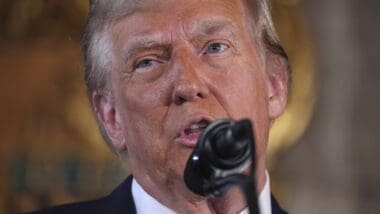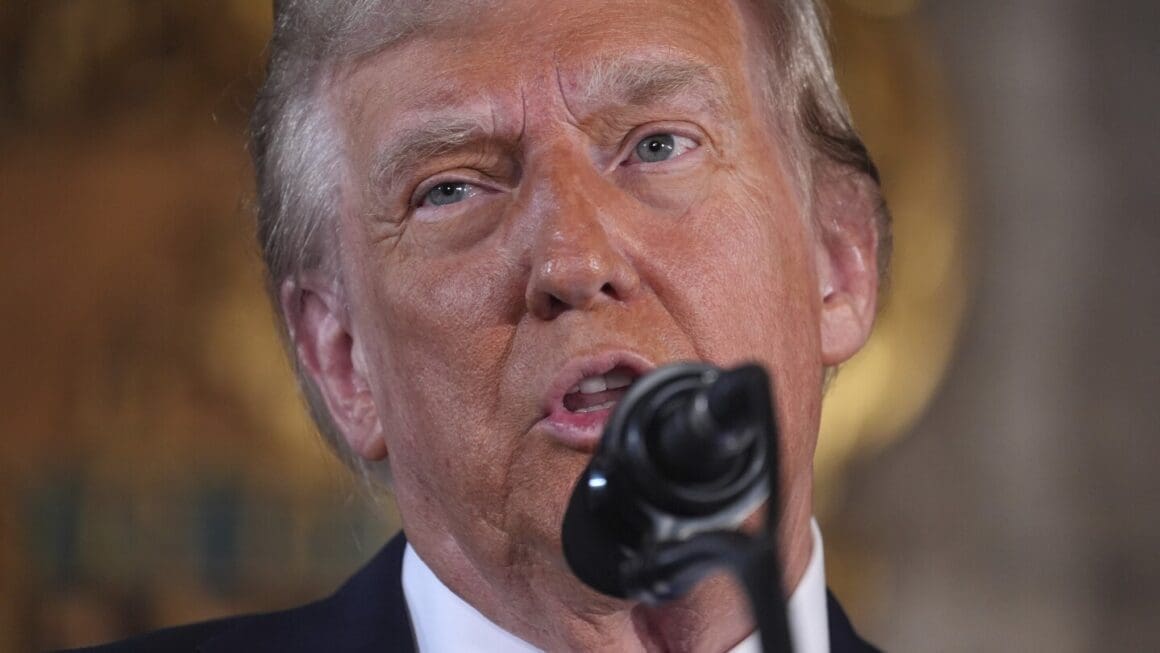In a bold move that has startled international markets, President-elect Donald Trump has drawn the European Union into his crosshairs, threatening to impose tariffs unless the bloc opens its doors wider to U.S. goods.
Trump’s message, delivered via social media in the early hours, was clear yet left many questions unanswered. He demanded that the EU rectify its substantial trade imbalance with the U.S. by purchasing more American oil and gas. Failure to comply, according to Trump, would mean a tariff showdown.
The numbers paint a stark picture: In 2023, the U.S. carried a $209 billion trade deficit with the EU, driven by $576 billion in imports against $367 billion in exports, as reported by the Census Bureau. Despite the attention-grabbing threat, the Trump’s transition team provided no further details on the implementation of these tariffs, leaving both sides in a state of uncertainty.
Unlike previous threats aimed at Canada and Mexico, which led to immediate diplomatic engagements, the EU faces a unique challenge. The bloc lacks a centralized figure to negotiate the large-scale energy purchases Trump desires. EU Commission spokesperson Olof Gill expressed openness to discussions with Trump, emphasizing a shared interest in the energy sector, and highlighted the EU’s ongoing efforts to reduce dependency on Russian energy by diversifying its sources.
The backdrop to this development is a complex trade relationship where U.S. and EU economic activities are deeply intertwined. American companies, like BMW, not only contribute to the import figures but also bolster the U.S. job market through domestic production. Moreover, the U.S. has significantly increased its liquefied natural gas exports to Europe, with figures tripling since 2021, as noted by the U.S. Energy Information Administration.
Energy Secretary Jennifer Granholm, meanwhile, warned that unrestricted LNG exports might inflate domestic prices and heighten carbon emissions. This warning reflects the delicate balance Trump must maintain between promoting exports and protecting domestic interests.
Trump’s stance on EU energy purchases isn’t a departure from his past policies. During his prior administration, he made similar demands and even negotiated a deal with Jean-Claude Juncker to increase LNG sales to Europe. However, the deal faced limitations given that neither the U.S. government can direct where companies sell nor the EU can compel its members to buy American fuels.
Experts like Scott Lincicome from the Cato Institute suggest that Trump’s posturing is a prelude to future negotiations. The looming question remains whether this strategy will yield tangible results or merely serve as a precursor to continued diplomatic dance.
As Trump prepares to take office, his confrontational approach to trade with the EU is set to become a central theme. Whether these threats translate into concrete policies or remain a negotiation tactic will be closely watched by both American and European stakeholders. The coming months will reveal if Trump’s brinkmanship pushes the EU toward increased imports or sparks a trade conflict that further complicates international economic relations.
Source: Apnews














